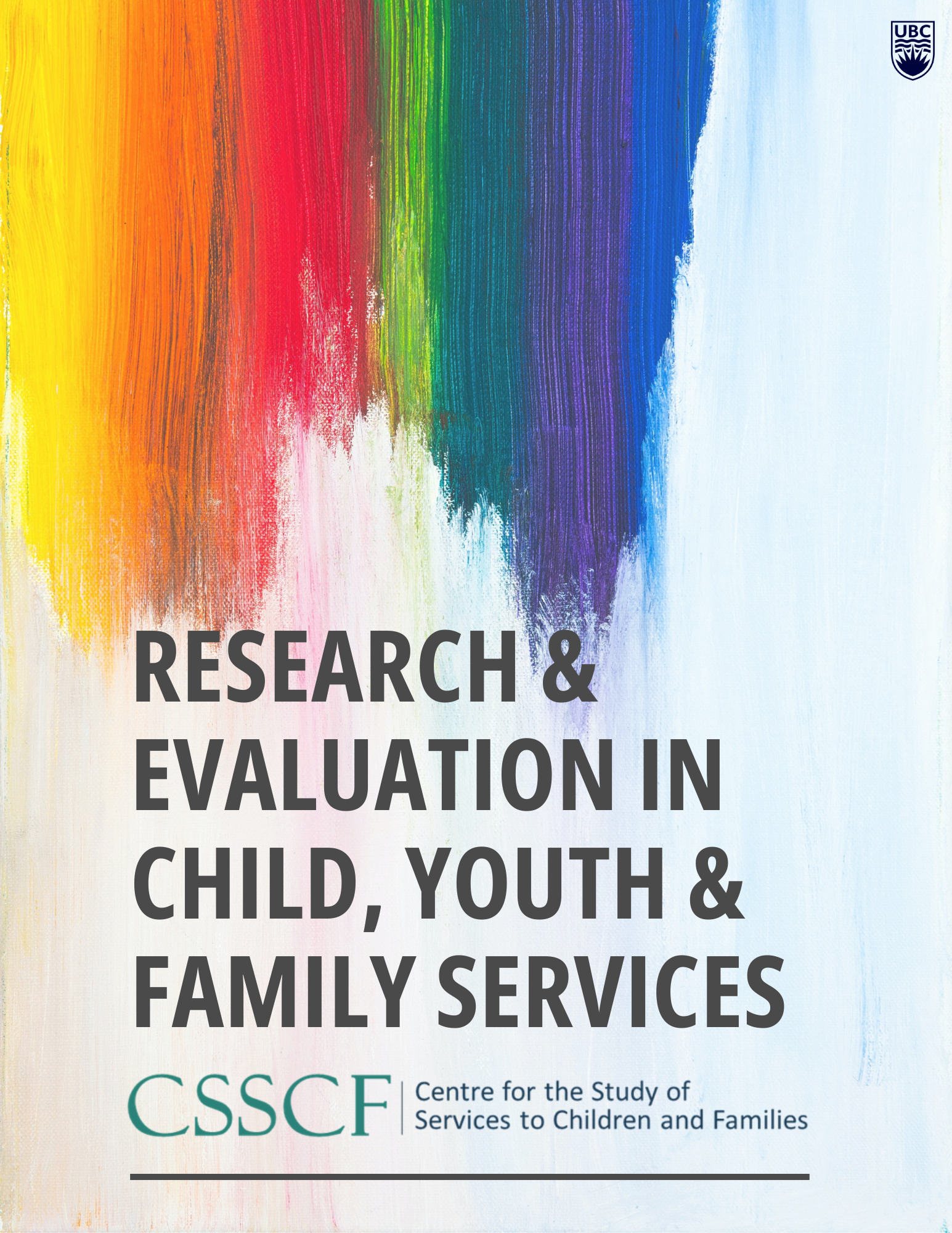Clinicians' Experience, Success and Barriers in Applying Culturally Safe Practices at Intake and Initial Assessment in Ministry of Children and Family Development Child and Youth Mental Health Services in British Columbia: A Mixed Methods Design
DOI:
https://doi.org/10.14288/recyfs.v6i1.199603Keywords:
cultural safety, Child and Youth Mental Health (CYMH), clinicians, intake, assessmentAbstract
This research study was conducted by three Master of Social Work student researchers from the University of British Columbia, partnering with the Ministry of Children and Family Development. As part of the Ministry of Children and Family Development’s commitments to the Calls to Action from the Truth and Reconciliation Commission, this research seeks to understand clinicians’ experience, success and barriers when applying cultural safety in the intake and initial assessment phase in Child and Youth Mental Health services in British Columbia. This study aims to understand whether the tools and approaches currently used during the intake and assessment process align with or support culturally safe practice and identify any opportunities for improvement. The literature review explores the concepts of cultural safety, humility and competence to include in practice approaches to address inequities experienced by Indigenous peoples and people from other minority cultures. The literature review also explored the demographics of children, youth and families in British Columbia accessing mental health services and the barriers experienced by marginalized populations including Indigenous, migrant, refugee and other minority population groups. Intake and initial assessment tools used by Child and Youth Mental Health clinicians including the Brief Child and Family Phone Interview Form and the Initial Child and Youth Mental Health Assessment Form are explored in the literature review. Utilizing a mixed methods design, the study collected data from two focus groups and a survey made available for Child and Youth Mental Health clinicians in British Columbia, Canada. The mixed methods design is a strength of the study; it allows the opportunity to interpret quantitative data collected from the survey in relation to the themes that came about from focus group qualitative data findings. In addition to this, quantitative data collected from the survey allowed a broader range of Child and Youth Mental Health clinicians across the province to participate in the research study. The study found that clinician participants are seeking to engage with cultural safety in their practice and have developed strategies to apply a culturally safe approach with the children, youth and families accessing mental health services; however, participants also identified a need for additional and more frequent or alternative cultural safety training opportunities regarding intake and initial assessment. Indigenous and refugee populations were particularly identified as population groups that may experience more barriers to accessing Child and Youth Mental Health services. Other barriers identified by participants in the study for population groups accessing Child and Youth Mental Health services may include a history of oppression, the impact of stigma and racism, the co-location of Child and Youth Mental Health services with child protection services, and flexibility of the system. Future research could consider the perspectives of service users to explore understanding their experiences. Policy considerations could include considering the impact of barriers and enabling flexibility in the system. Additional support Truth and Reconciliation Calls to Action, service capacity for outreach could be pathways to address barriers. Clinicians can also consider ways in which they can continue practicing cultural safety as a practice approach in the service delivery of Child and Youth Mental Health services with children, youth and families to decolonize and destigmatize experiences.
Downloads
Published
Issue
Section
License
Copyright (c) 2024 Research and Evaluation in Child, Youth and Family Services

This work is licensed under a Creative Commons Attribution-NonCommercial 4.0 International License.
This work is licensed under a Creative Commons Attribution-NonCommercial 4.0 Inrernational License. Copyright for articles published in this journal is retained by the authors, with first publication rights granted to the journal. By virtue of their appearance in this open access journal, articles are free to use, with propoer attribution, in edicational and other non-commercial settings.


